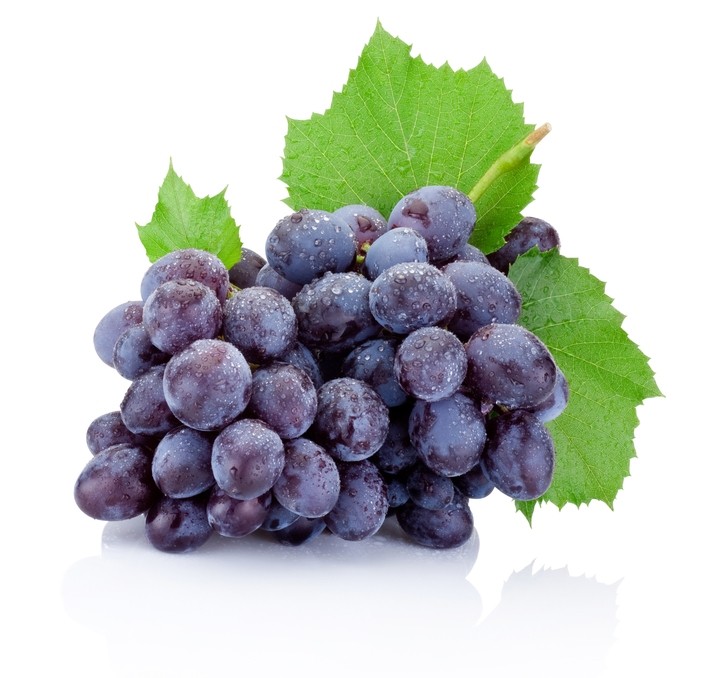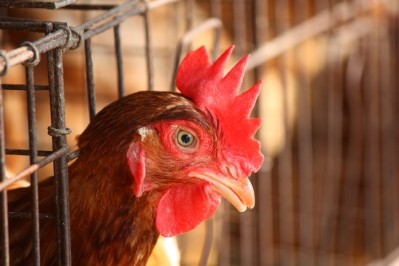Positive EFSA appraisal of dry grape extract

The additive, a mixture of two extracts from seeds and the skin of Vitis vinifera subsp. Vinifera, contains, as its dominant constituent, the proanthocyanidin-rich seed extract, which is recognized to provide flavor in food, and its function in feed would “be essentially the same” concluded the Parma based European Food Safety Authority (EFSA).
The EU risk assessor’s FEEDAP Panel determined that the dry grape extract is safe at the maximum proposed use level —100 mg/kg complete feed — for all animal species except dogs, for which no safe dietary concentration could be established.
EFSA also found there were no safety concerns for the consumer from the use of the dry grape extract up to the highest safe level in feeds. The panel decided the use of dry grape extract at the maximum proposed dose is not a risk for the environment.
Full opinion delayed
For now, only the abstract part of the scientific opinion on the dry grape extract has been published.
An EFSA spokesperson said the partial publication of the opinion arose from the fact the applicant company claimed that some parts were confidential, a move in line with article 18(2) of the Regulation (EC) No 1831/2003.
“In these cases we wait for the EU Commission to inform us of their decision [in relation to the] applicant’s claim. Only after having considered this decision, we publish a redacted version omitting the paragraphs claimed as confidential, if they do not relate to safety issues,” she said.
She said, as yet, EFSA has no indication as to when it will receive that decision on confidentiality from the EU executive.
Technological, nutritional and sensory additives, including the flavourings, are generic, so if the extract is authorised, it will be as a generic additive, noted the spokesperson.
Dossier background
The question number included in the opinion corresponds to a dossier submitted by French botanicals firm, Nor Feed, back in 2010.
CEO of that Angers headquartered company, Olivier Clech, yesterday told us the EFSA opinion was “positive”.
He said Nor Feed had asked that, for competition purposes, no data should be released in relation to how it ensures consistency in its extracts, hence the delay in publication of the remainder of the document.
The French producer had requested ‘flavoring additive’ status for its dry grape extract to try and secure EU authorization, said Clech. “It is the entry level claim for plant extracts,” he said.
Clech said it and other plant extract producers had been told by the Commission that authorizations related to botanicals were very much put to the back of the line in the evaluation process due to their low risk profile.
“It has taken us almost six years to get to this stage. Of course, we are awaiting the final opinion of the Commission but we think we are at the end of the process,” added the CEO.
Nor Feed, he said, did all the work on the dossier. It purposely did not submit an application in combination with other plant extract producers, he continued. “A lot of those consortium led additive authorization applications have failed due, we think, to the fact that they are trying to bind together a combination of different types of extracts,” said Clech.
Nor Feed also submitted dossiers on a citrus extract and Melissa extract back in 2010.
The EFSA opinion on the dry grape extract can be read here.
















